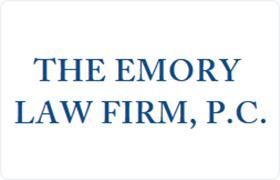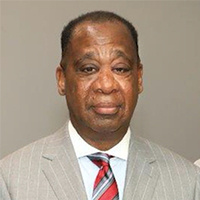Waxhaw Juvenile Law Lawyer, North Carolina
Sponsored Law Firm
-
 x
x

Click For More Info:
-
The Emory Law Firm
11020 David Taylor Dr. Suite 102 Charlotte, NC 28262» view mapCriminal Defense Law Our People Make The Difference
We’re dedicated to ensuring that we take care of all of our clients, and that their legal needs are met and exceeded. We offer high-quality legal work and personal client service.
800-972-6341
Peter Fitzgerald Dwyer
Juvenile Law, Commercial Real Estate, Wills, Criminal
Status: In Good Standing Licensed: 42 Years
Elizabeth Ashley Baker
Civil & Human Rights, Criminal, Employment Discrimination, Juvenile Law
Status: In Good Standing Licensed: 12 Years
David Lamonte Hitchens
Traffic, Divorce & Family Law, Juvenile Law, Criminal
Status: In Good Standing Licensed: 22 Years
 C. Randolph Emory Charlotte, NC
C. Randolph Emory Charlotte, NC Practice AreasExpertise
Practice AreasExpertise
